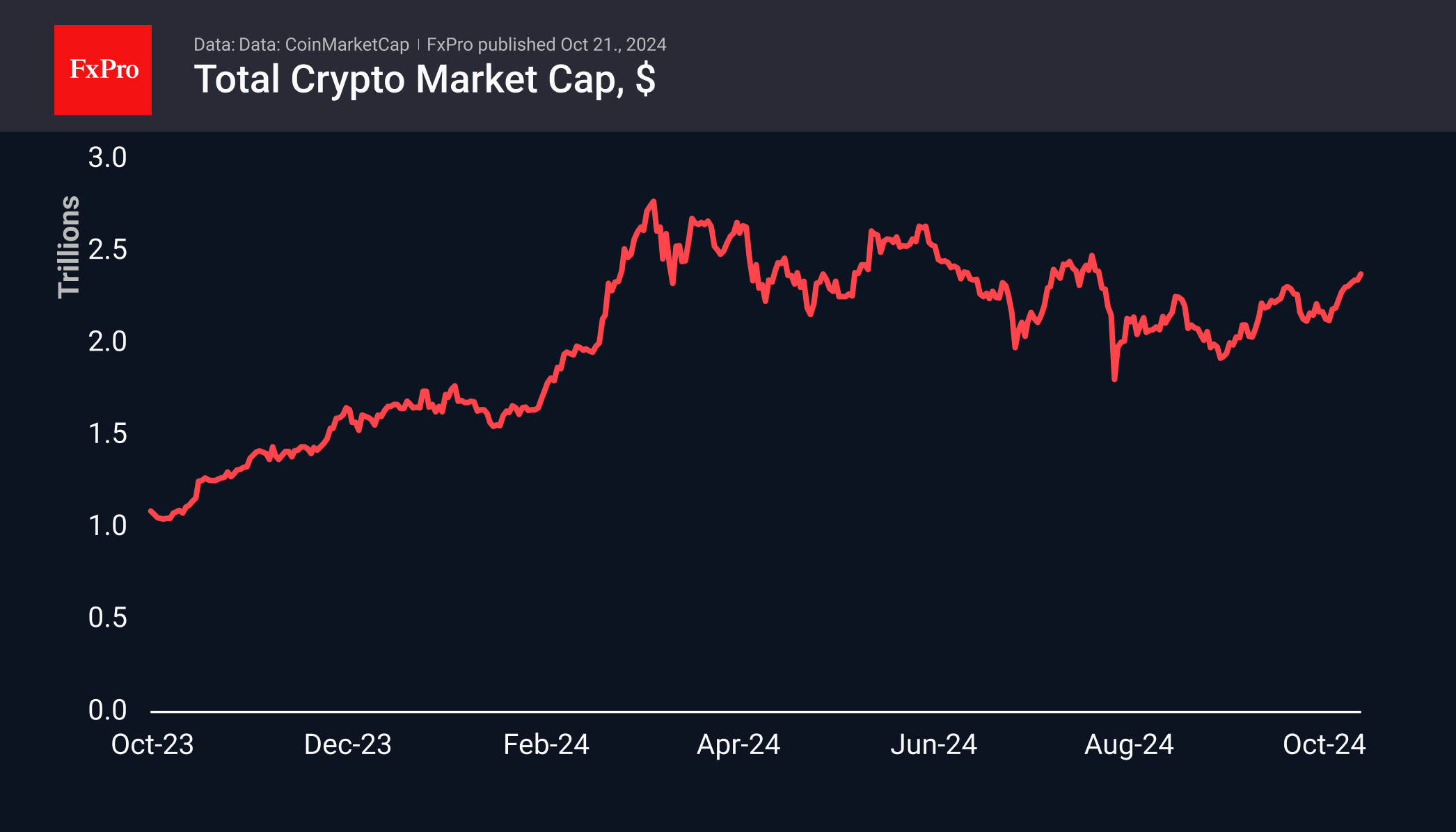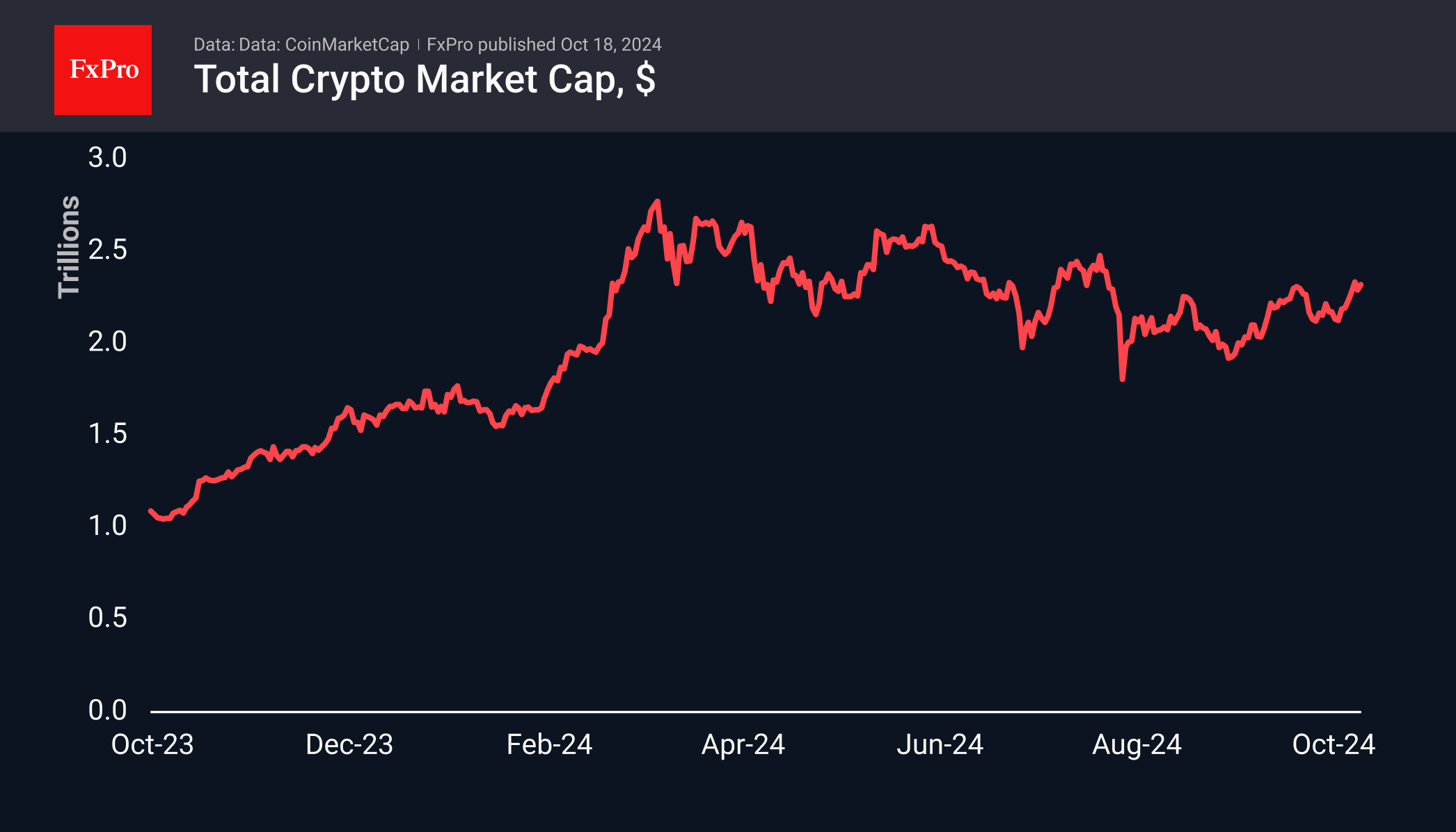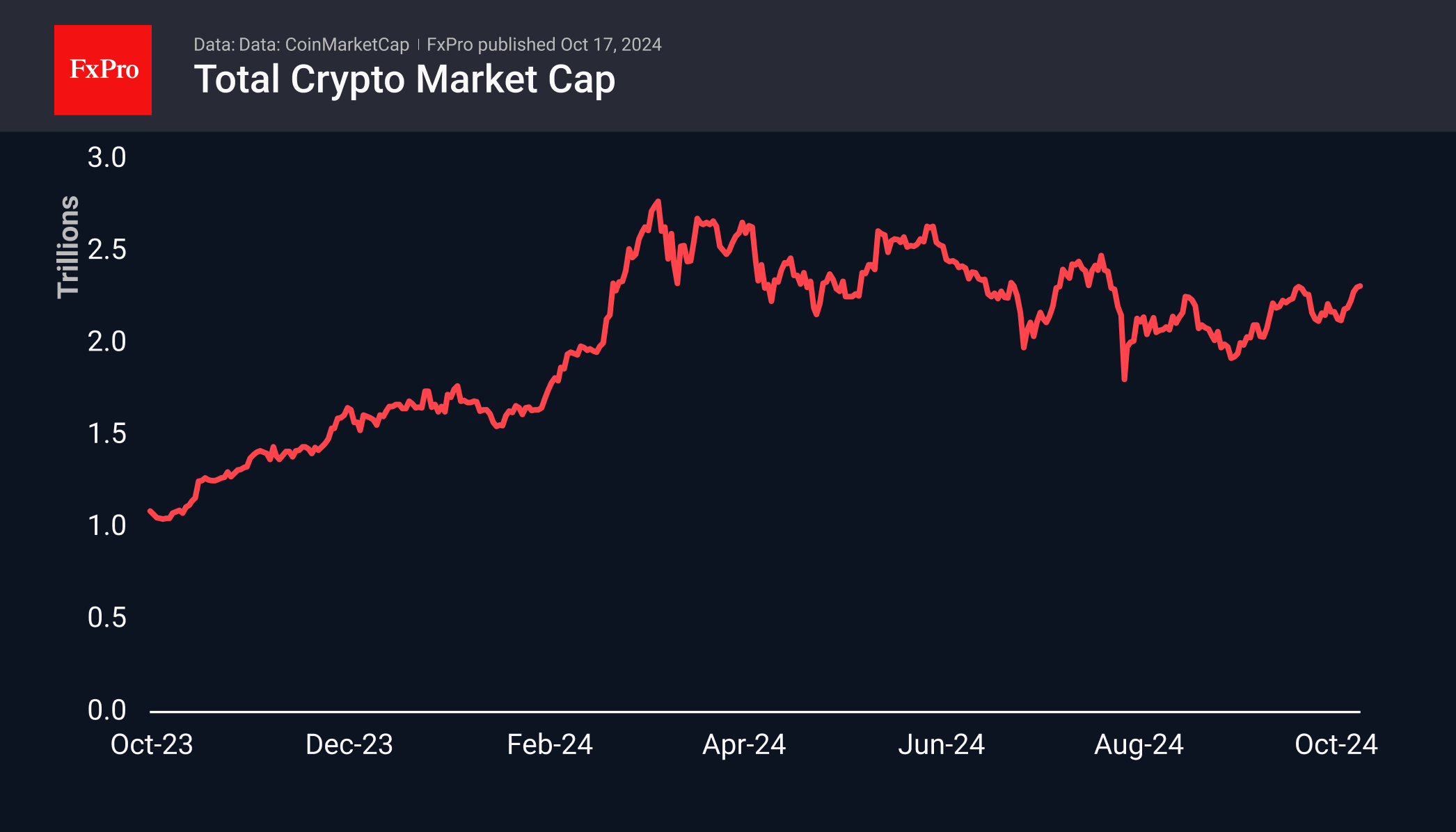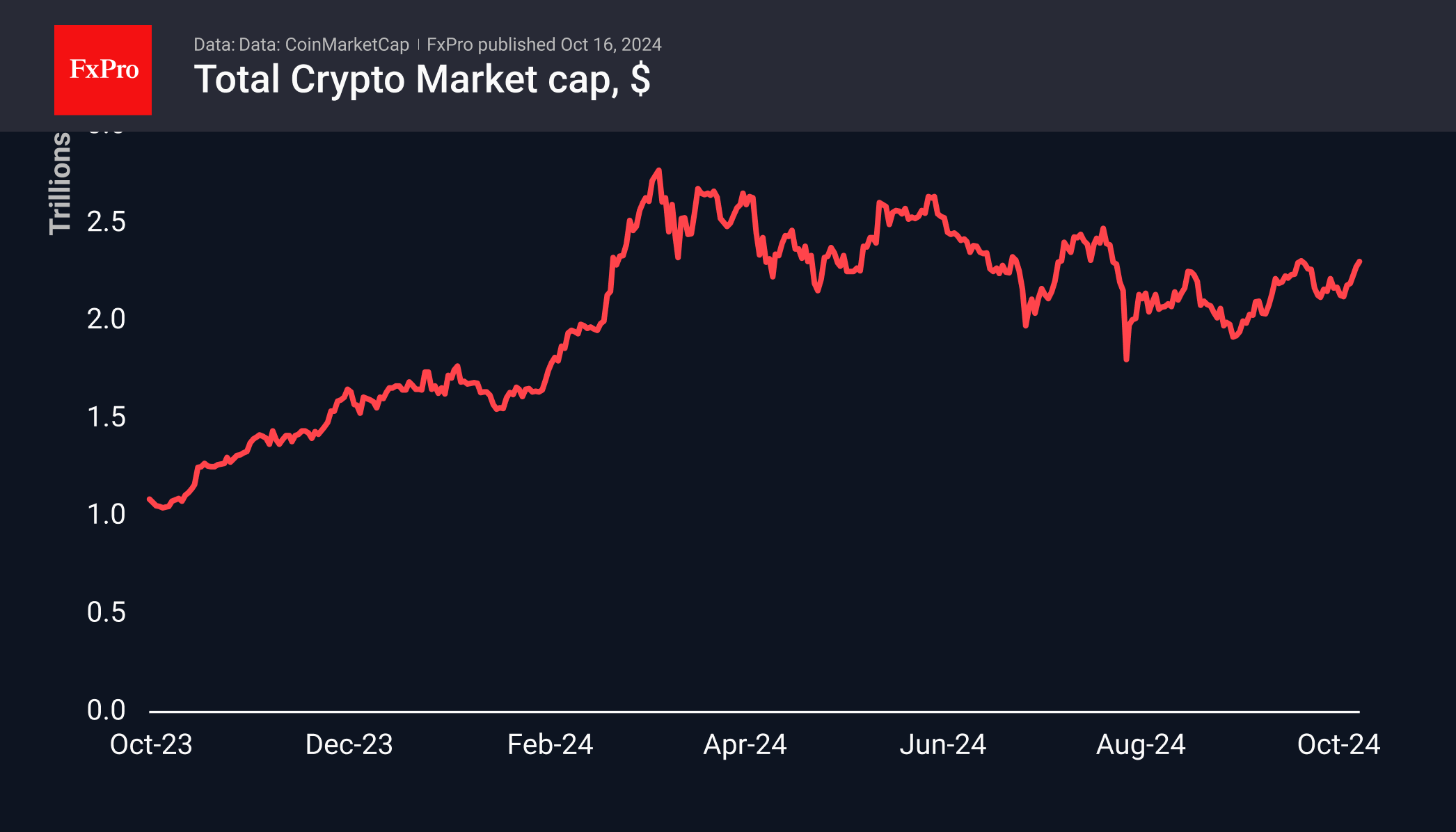The family that bet everything on bitcoin when it was $900 is now storing it in secret vaults on four different continents
August 11, 2021 @ 21:37 +03:00

Didi Taihuttu, his wife, and three kids liquidated all of their assets and bought bitcoin in 2017, back when it was trading at around $900. Now, the Dutch family of five is safeguarding most of their crypto fortune in secret vaults on four different continents. “I have hidden the hardware wallets across several countries so that I never have to fly very far if I need to access my cold wallet, in order to jump out of the market,” explained Taihuttu, patriarch of the so-called Bitcoin Family.
Taihuttu has two hiding spots in Europe, another two in Asia, one in South America, and a sixth in Australia.
We aren’t talking buried treasure – none of the sites are below ground or on a remote island – but the family told CNBC the crypto stashes are hidden in different ways and in a variety of locations, ranging from rental apartments and friends’ homes to self-storage sites. “I prefer to live in a decentralized world where I have the responsibility to protect my capital,” said Taihuttu.
There are a lot of ways to store crypto coins. Online exchanges like Coinbase and PayPal will custody tokens for users, while the more tech-savvy may opt to cut out the middleman and hold their crypto cash on personally-owned hardware wallets.
Thumb drive-size devices like a Trezor or Ledger offer a way to secure crypto tokens. Square is also building a hardware wallet and service “to make bitcoin custody more mainstream.” People who choose to hold their own cryptocurrency can store it “hot,” “cold,” or some combination of the two. A hot wallet is connected to the internet and allows owners relatively easy access to their coins so that they can access and spend their crypto. The trade-off for convenience is potential exposure to bad actors.
In the case of the Taihuttu family, 26% of Didi’s crypto holdings are “hot.” He refers to this crypto stash as his “risk capital.” He uses these crypto coins for day trading and potentially precarious bets, like when he sold his dogecoin for a profit and then bought it back when the price of DOGE bottomed out.
The other 74% of Taihuttu’s total crypto portfolio is in cold storage. These cold hardware wallets, which are spread around the globe, include bitcoin, ethereum, and some litecoin. The family declined to say how much it holds in crypto. Bitcoin, ethereum, and litecoin are all in the midst of yet another climb higher, up 57%, 83%, and 61%, respectively, in the last three weeks.
Moving bitcoin to cold storage isn’t a new idea. For as long as there’s been bitcoin, there’s been a way to store it cold. But it requires more upkeep.
“Cold storage requires a lot more permissioning in order to access it, whether it be in a bank vault or whether it be buried in the Andes mountains,” said Van Phu, a software engineer with crypto fintech startup Floating Point Group. And while Taihuttu says it’s easy to top up the addresses of these cold storage wallets with fresh crypto coins, retrieving them is a different story. Drawing down on his cold crypto requires physically flying to his many hiding spots.
The family that bet everything on bitcoin when it was $900 is now storing it in secret vaults on four different continents, CNBC, Aug 12








 GBP | BOE Governor Andrew Bailey Speaks
GBP | BOE Governor Andrew Bailey Speaks